News

Sep 17, 2024
Q&A: Ethical decision-making around neurotechnology treatments
Laura Cabrera, associate professor of engineering science and mechanics, has received a four-year, $1.5 million grant from the National Institutes of Health to research and develop a patient-centered decision aid to help guide patients, providers, and caregivers navigating their options.
Full Article

Sep 16, 2024
Sport-related stress may affect whether college athletes eat enough calories
High stress resulting from participating in high-level collegiate sports is related to unhealthy attitudes about eating and under consumption of nutrients, but only during the most stressful portions of the athletes’ seasons, according to a new study led by researchers in the Penn State Department of Kinesiology.
Full Article

Sep 15, 2024
2024-25 Teaching and Learning Technologies Faculty Advisory Committee members named
Teaching and Learning with Technology (TLT), part of Penn State University Libraries, has announced the Teaching and Learning Technologies Faculty Advisory Committee for the 2024-25 academic year. The committee is pivotal in guiding TLT on integrating technology within teaching and learning at Penn State.
Full Article
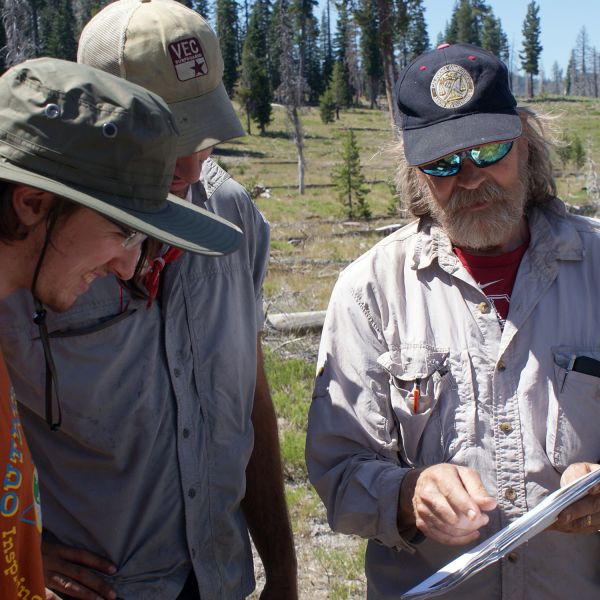
Sep 12, 2024
Taylor’s research legacy shines light on California wildfires, forest ecology
Alan Taylor, a recently retired and now professor emeritus of geography, spent decades researching West Coast landscape and fire ecology. He used ecological signals and human history to paint a picture of how forests changed over time.
Full Article

Sep 12, 2024
Penn State, Indian Institute of Science award joint research seed grants
Penn State and the Indian Institute of Science (IISc) have announced the awardees for the 2024-25 cycle of their collaboration program. These awardees comprise four joint projects that connect Penn State and IISc researchers. The selected projects combine the unique expertise of each partnering institution to address global challenges or matters of bilateral importance to India and the United States.
Full Article
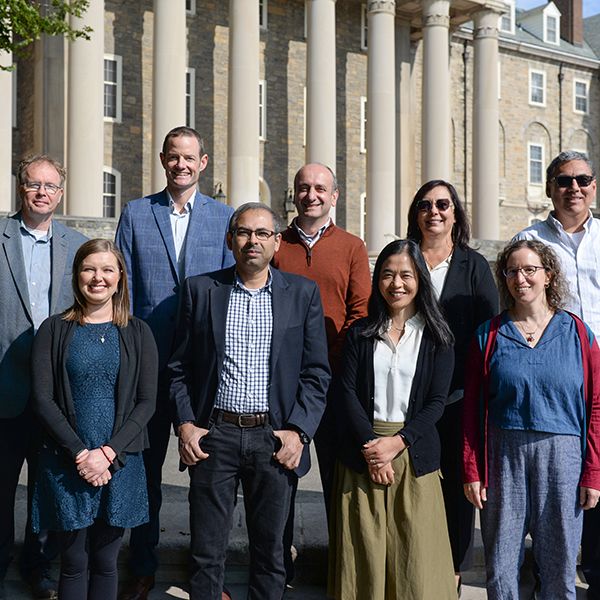
Sep 12, 2024
Nine researchers named Institute of Energy and the Environment Fellows
Nine Penn State researchers have been named fellows of the Institute of Energy and the Environment (IEE) for 2024. The program recognizes and assists the exceptional achievements and unparalleled research impacts of highly successful researchers in the areas of energy and the environment. Nominees for the fellowship were submitted by the University community.
Full Article
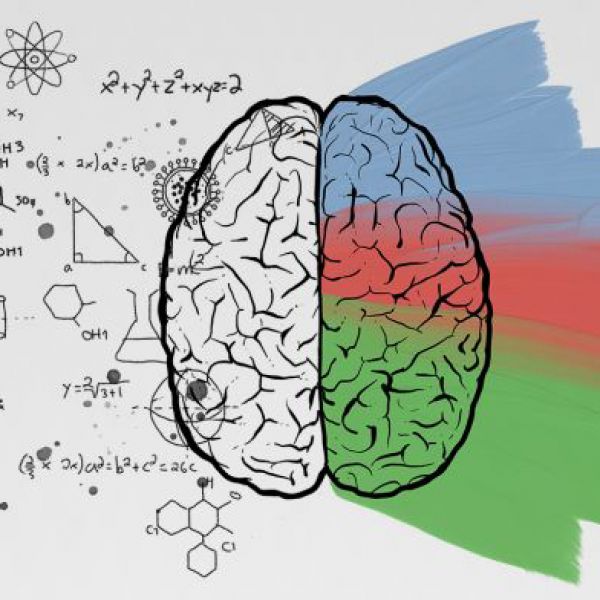
Sep 11, 2024
Three projects receive Huck Innovative and Transformational Seed Fund grants
Three potentially high-impact, high-risk research projects have been selected to receive seed funding for the latest round of the Huck Innovative and Transformational Seed (HITS) Fund initiative.
Full Article
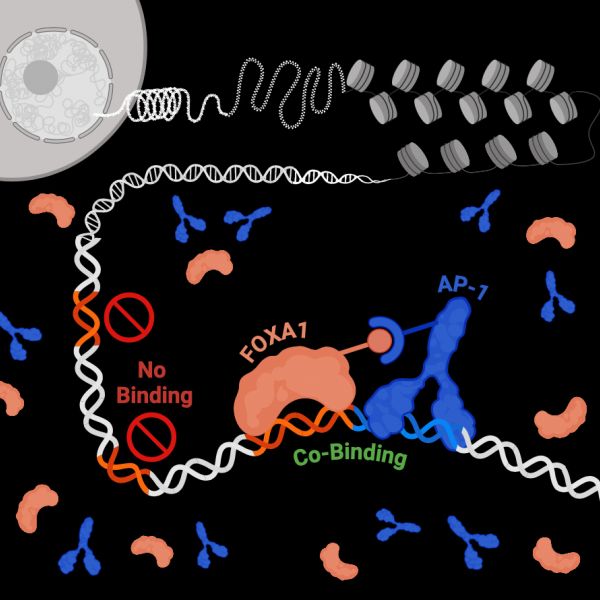
Sep 10, 2024
Genomic pioneers collaborate to access the inaccessible
A new experimental method allows researchers to dissect how certain proteins, called pioneer factors, can bind to selective regions of the genome that are inaccessible to other DNA binding proteins.
Full Article
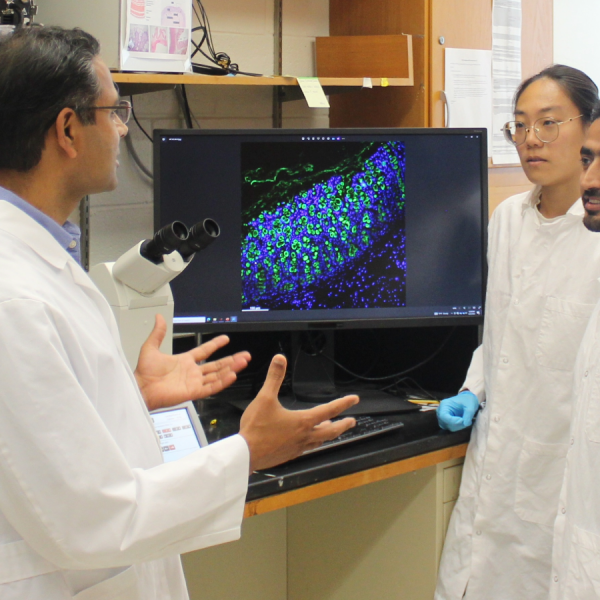
Sep 09, 2024
Refined dietary fiber may increase risk for inflammatory bowel disease
New research in mice suggests that guar gum powder — a common dietary fiber additive used in processed foods — may negatively change gut microbiome and increase risk of developing inflammatory bowel disease.
Full Article
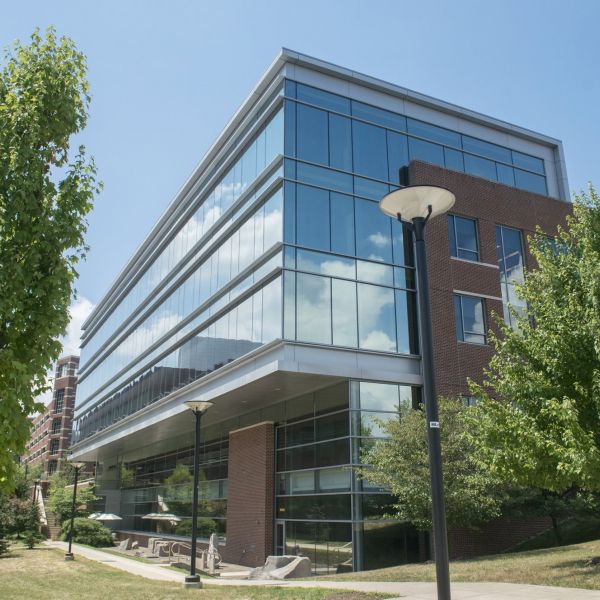
Sep 09, 2024
Penn State community reminded to take COVID-19 precautions
With COVID-19 activity on the rise in Pennsylvania and nationally, Penn State is urging its community to continue to take health precautions and follow guidance from the Centers for Disease Control and Prevention (CDC) to keep themselves and others healthy.
Full Article